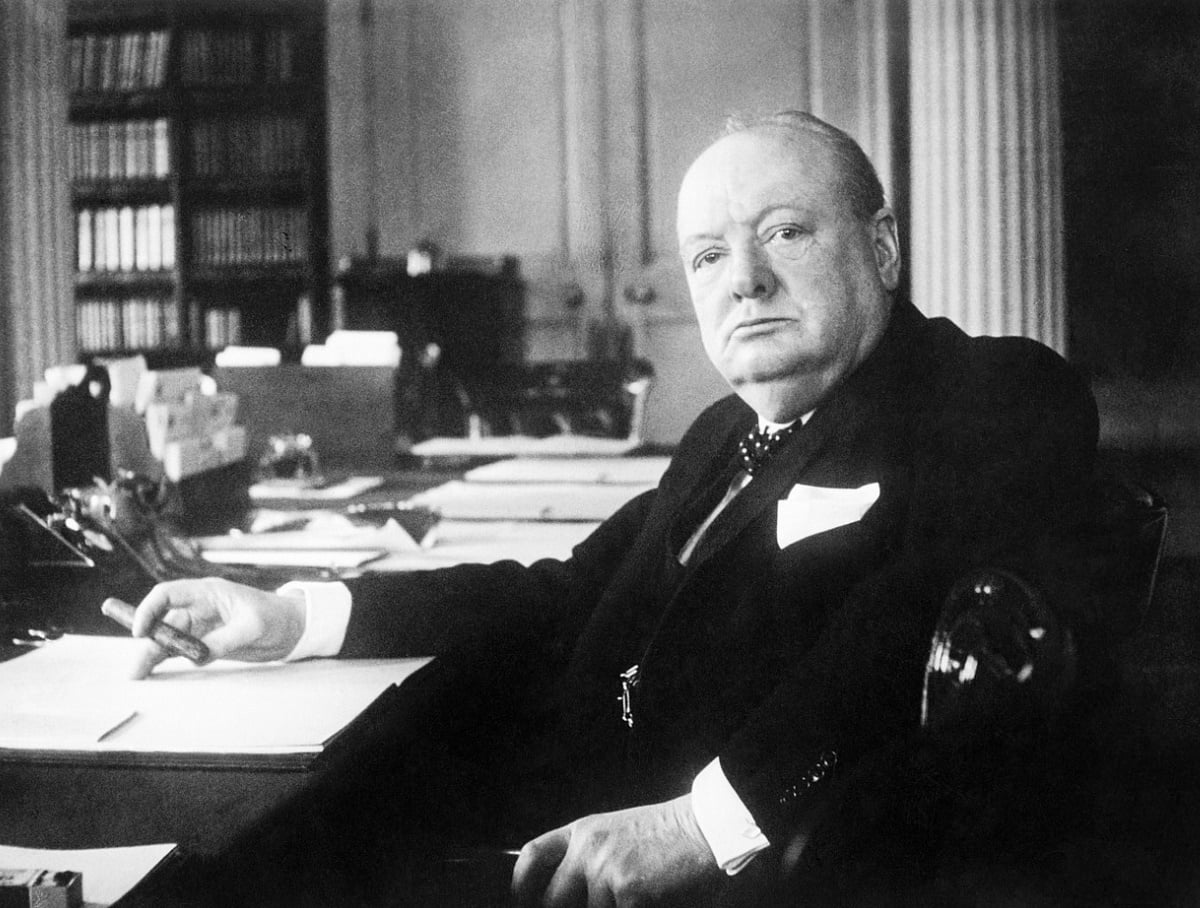According to a number of sources, the British prime minister once uttered a catchphrase about the strength of Russia. We checked whether its author is indeed Sir Winston Churchill.
One of the common versions of the phrase attributed to Churchill goes like this: “Russia is never as strong as it looks; Russia is never as weak as it seems.” This is how the resource was mentioned Archyde, writer Mikhail Gigolashvili in his collection "Cryptography", and head of the Mike Rogers Center on Intelligence and Global Affairs Joshua Huminski.
A number of Western media (including authoritative The Wall Street Journal And United Press International) claim that in May 2002, Russian President Vladimir Putin attributed a slightly different version of the phrase to Churchill: “Russia was never as strong as it wanted to be, and never as weak as it seemed.” Historical writers Vladimir Bryukhanov And Oleg Plenkov, as well as a resource "Pravda.ru" They give a similar version, ending with “what her enemies thought she was.”
First, let's clarify the situation with the speech of the Russian president. Resource putin-news.ru citing The New York Times journalist Andrew Higgins, he claims that the case took place in the Reichstag in 2002. However, in original Higgins' articles Putin's speech in the Reichstag and Churchill's quote are mentioned in different paragraphs and are not directly linked. In addition, a memorable German-language performance Putin's election in the Bundestag took place in 2001, not 2002. And in it, the President of the Russian Federation did not talk about Churchill or the notorious quote.
However, on May 28, 2002, Putin spoke at a joint press conference on the occasion of the establishment of the Russia-NATO Council, where stated: “I held a series of consultations with my colleagues not only in the government, but also in the regions of the country, and held consultations with the leaders of almost all political forces in the Russian Parliament. During these consultations, one of my colleagues recalled the expression of Winston Churchill, who said something like this: “Russia has never been as strong as it would like, but it has never been weak as some people think.”
That is, indeed, even the Russian president attributed this quote to Winston Churchill. However, find it in open sources associated with the name of the British Prime Minister (in archives, letters, authoritative collections of quotations), fails. Dealing with the British heritage International Churchill Society, which also does not report such a statement. At the same time, one Russian Internet user even indicates the specific year Churchill uttered the phrase (1939), along with another famous quote in which the Briton calls Russia “a riddle wrapped in a secret and placed inside a puzzle.” The last quote at that time by the First Lord of the Admiralty was indeed said On October 1, 1939, on BBC radio, but did not speak out on the topic of Russian strength.
If you delve into foreign sources of the 20th century, you will find that the American edition of 1981, edited by the founder of academic Slavic studies in the USA, Archibald Carey Coolidge attributed the quote we are interested in is from an unnamed European politician of the period between the two world wars, but here is a Canadian magazine from 1983 - to a certain French diplomat XIX century. The diplomat seems to have a specific name - on the page British Institute of Energy Economics The author of the quote is listed as Charles Maurice de Talleyrand. In many others sources the saying is simply called "the old saying of diplomats". But the most authoritative encyclopedia Britannica in the article "Russia" claims that the phrase was uttered by the organizer of the Vienna Congress, long-time Minister of Foreign Affairs and Chancellor of the Austrian Empire, Clemens von Metternich.
And although it was not possible to find a similar quote in either Metternich or Talleyrand, there is even less chance of finding it in Churchill, whose legacy is well studied down to the shortest and most insignificant statements.
Most likely not true
If you find a spelling or grammatical error, please let us know by highlighting the error text and clicking Ctrl+Enter.







